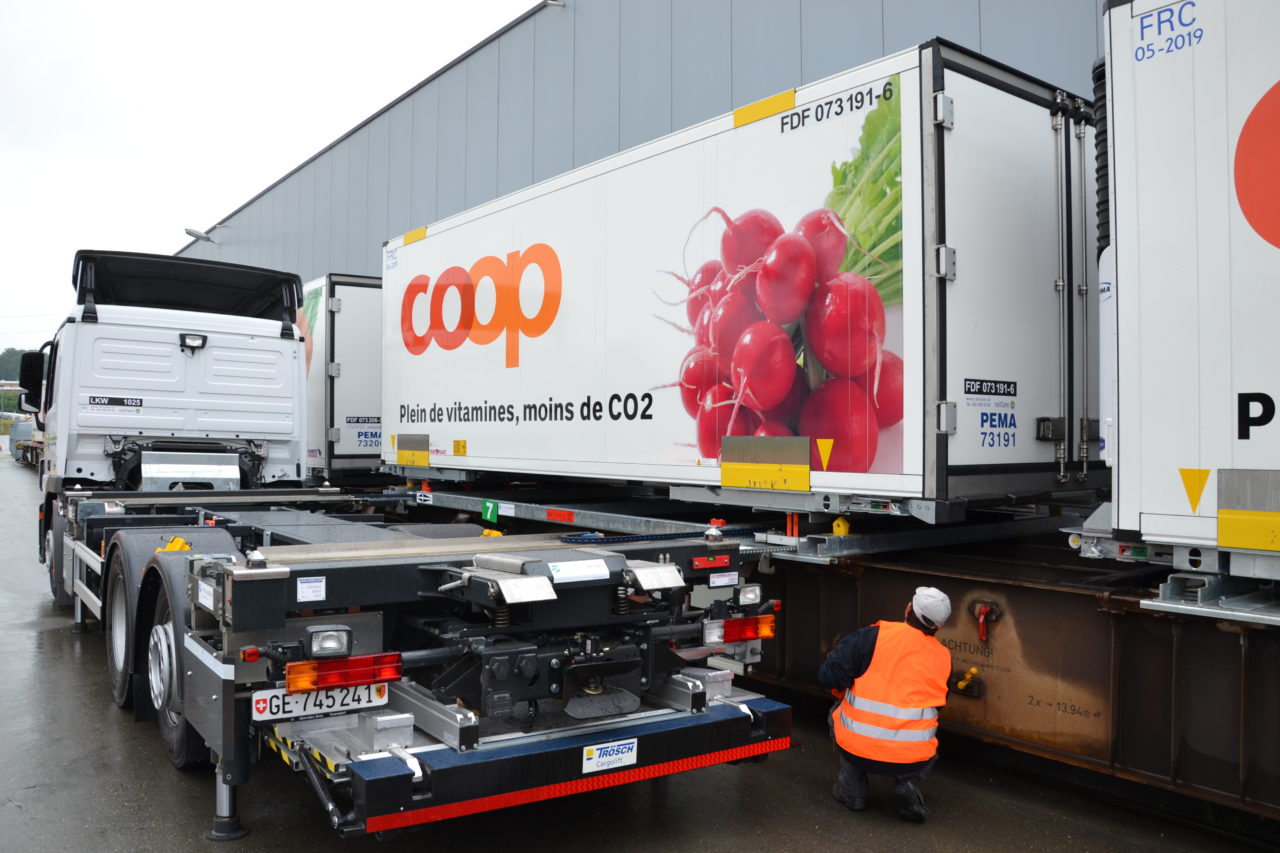
Several studies and projects have identified freight distribution as a major challenge to urban development. Negative externalities such as congestion, noise and air pollution are in the focus of urban planners. Against this background, the Institute for Transport Planning and Systems (IVT) is starting to research possibilities to bring back rail freight into cities. The aim is to provide tools for decision makers in spatial planning, railway infrastructure planning and railway operations.
Several studies and projects have identified freight distribution as a major challenge to urban development. Nevertheless public debate on urban densification almost exclusively concerns passenger traffic. Although urban freight distribution is gaining attention from spatial planners, it still is an emerging research field.
Similar to residential suburbanisation, logistics polarisation has contributed to an increase in road traffic with all its negative externalities, such as noise, air pollution and congestion. Shifting consumption patterns have added to the problem.
Railways could offer an alternative and environmentally friendly network of freight transport. However, within urban areas, rail freight is marginal. Highly used urban railway infrastructure and poor tractive performance of freight trains make rail freight operations complex and costly. Additionally there is increasing pressure from developers on underused railway areas. The long-term effects of the irreversible conversion of railway properties for residential and business use are also not yet fully understood.
Against this background, IVT is starting to research possibilities to bring back rail freight into cities. The aim is to provide tools for decision-makers in spatial planning, railway infrastructure and railway operations. Research therefore needs to address the local effects of facilities at the road-rail interface, the innovation of rail freight systems with respect to urban logistics and the securing of areas for future railway needs.
Tobias Fumasoli, Institute for Transport Planning and Systems